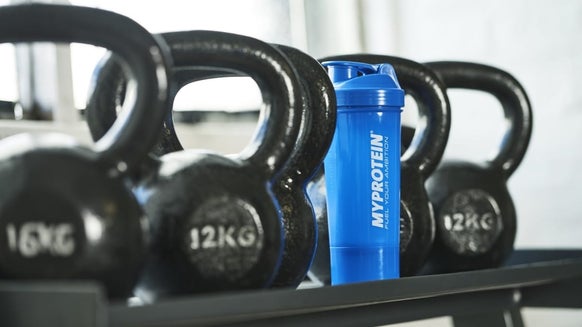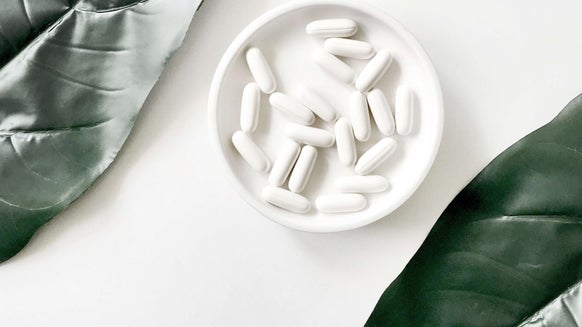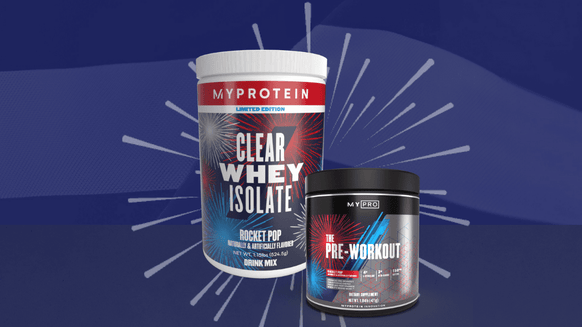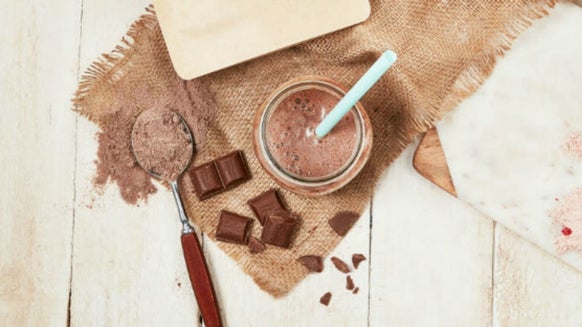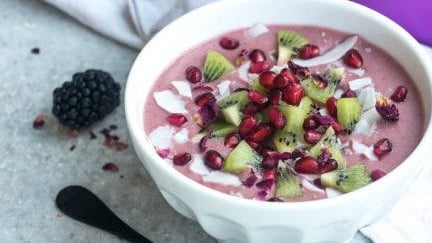What Is The Coffee & Lemon Diet? Benefits & Side Effects

Lemon coffee is one of the latest diet trends to do the rounds on social media, with some people saying it can help you lose weight and tone up your stomach. Is it a baseless fad or is there any truth behind these claims? Let’s find out.
- What is the coffee and lemon trend?
- Why are people adding lemon to black coffee?
- Is there any truth to these claims?
- Benefits of the coffee and lemon diet
- Disadvantages of the coffee and lemon diet

What is the coffee and lemon trend?
Lemon coffee is pretty simple. In the morning, you add a squeezed lemon to a cup of black coffee and drink it on an empty stomach.
Why are people adding lemon to black coffee?
Some followers of the trend claim that drinking coffee and lemon first thing in the morning on an empty stomach can help boost metabolism and increase fat loss. Other claims include apparent reductions in headaches and diarrhoea.
Is there any truth to these claims?
Put simply, no. There’s nothing contained in either ingredient that will magically help you lose weight and tone up your stomach. Fat loss is reliant on a sustained calorie deficit, i.e. consuming fewer calories than you expend.1 No individual food can contribute to fat loss in the way these claims suggest.
But coffee lemon is far from the worst trend out there, and both ingredients do have their benefits that may help contribute to your weight loss goals and general health when combined with other factors. For instance, black coffee may be helpful for weight loss if replacing a higher-calorie milky coffee, such as a flat white, cappuccino or latte, as this may bring you into a calorie deficit.
What are the benefits?
Mental alertness and concentration
Coffee is high in caffeine, a potent stimulant that has a positive effect on physical and cognitive function.2 Having a cup of coffee in the morning before may therefore help boost productivity.
Exercise performance
Caffeine has been shown to improve high intensity exercise performance and boost endurance due to its effect on alertness, reaction time and perceived rate of exertion (essentially how strenuous exercise feels).3 This means a cup of coffee before going to the gym may lead to a better workout, and potentially more calories burned.
Antioxidants
Both coffee and lemons are excellent sources of antioxidants. Antioxidants can slow down or even prevent cell damage caused by free radicals and are thought to boost health. Some studies have even shown coffee may have potentially anti-inflammatory effects.4
Lemons are also high in vitamin C, which is important for maintaining cell and skin health, and allowing the transportation and absorption of iron in your body.5
What are the disadvantages?
Excessive caffeine
Due to the high-caffeine content of coffee, it is best not to drink too much of it. It is recommended that you do not consume over 400mg of caffeine per day; for reference, a typical cup of black coffee will contain approximately 60-100mg of caffeine (depending on the type of coffee).6
Excessive caffeine can also cause sleep disruption. Drinking coffee in the late afternoon and evening may affect your sleep quality, which may have a negative effect on long term weight loss.7,8 It has been recommended to avoid caffeine for at least six hours before bed.7
High doses of caffeine have also been associated with increased anxiety, nervousness and jitteriness.9
Caffeine withdrawal
Caffeine is a stimulant, and excessive consumption of it has been associated with physical, psychological and emotional dependence. Withdrawal occurs when excessive drinking stops abruptly. This can lead to symptoms including headaches, irritability, anxiety, low mood and even tremors.10
Dental erosion
Lemons contain citric acid, which when consumed in excess can cause dental erosion as it causes the tooth enamel to dissolve too quickly.11
Take home message
Coffee and lemons both have their health benefits, however, combining the two won’t boost each of their benefits. There’s also no evidence for either ingredient that shows they help improve weight loss. There is no single food you can eat that will help you lose fat and long term as weight loss requires a negative energy balance.
READ THESE NEXT:

'High-Protein Diets Are Dangerous' | Nutritionist Calls Fake News
Richie spills the tea.

Climatarians 'Don't Have To Go Vegan' | Science Fact Or Fiction?
But chocolate might be off the menu.
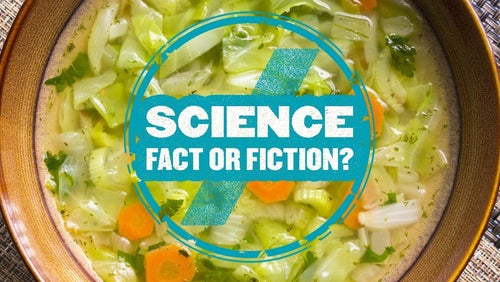
15lb-A-Week Weight Loss Diet Has No Evidence To Support It | Science Fact Or Fiction?
"Wonder soup" is definitely a red flag...

1. Hill JO, Wyatt HR, Peters JC. The Importance of Energy Balance. Eur Endocrinol. 2013 Aug;9(2):111-115. doi: 10.17925/EE.2013.09.02.111. Epub 2013 Aug 23. PMID: 29922364; PMCID: PMC6003580.
2. McLellan TM, Caldwell JA, Lieberman HR. A review of caffeine’s effects on cognitive, physical and occupational performance. Neurosci Biobehav Rev. 2016 Dec;71:294-312. doi: 10.1016/j.neubiorev.2016.09.001. Epub 2016 Sep 6. PMID: 27612937.
3. Martins GL, Guilherme JPLF, Ferreira LHB, de Souza-Junior TP, Lancha AH Jr. Caffeine and Exercise Performance: Possible Directions for Definitive Findings. Front Sports Act Living. 2020 Dec 11;2:574854. doi: 10.3389/fspor.2020.574854. PMID: 33345139; PMCID: PMC7739593.
4. Coffee consumption and health: umbrella review of meta-analyses of multiple health outcomes. BMJ. 2018 Jan 12;360:k194. doi: 10.1136/bmj.k194. Erratum for: BMJ. 2017 Nov 22;359:j5024. PMID: 29330262; PMCID: PMC5765813.
5. Johnson-Wimbley, T. D., & Graham, D. Y. (2011). Diagnosis and management of iron deficiency anemia in the 21st century. Therapeutic advances in Gastroenterology, 4(3), 177-184.
6. 2015-2020 Dietary Guidelines for Americans. U.S. Department of Health and Human Services and U.S. Department of Agriculture. https://health.gov/our-work/food-nutrition/2015-2020-dietary-guidelines/guidelines. Accessed Feb. 1, 2020
7. Drake C, Roehrs T, Shambroom J, Roth T. Caffeine effects on sleep taken 0, 3, or 6 hours before going to bed. J Clin Sleep Med. 2013 Nov 15;9(11):1195-200. doi: 10.5664/jcsm.3170. PMID: 24235903; PMCID: PMC3805807
8. Kline CE, Chasens ER, Bizhanova Z, Sereika SM, Buysse DJ, Imes CC, Kariuki JK, Mendez DD, Cajita MI, Rathbun SL, Burke LE. The association between sleep health and weight change during a 12-month behavioral weight loss intervention. Int J Obes (Lond). 2021 Mar;45(3):639-649. doi: 10.1038/s41366-020-00728-8. Epub 2021 Jan 7. PMID: 33414489; PMCID: PMC7914147.
9. Nehlig A. Is caffeine a cognitive enhancer? J Alzheimers Dis. 2010;20 Suppl 1:S85-94. doi: 10.3233/JAD-2010-091315. PMID: 20182035 (anxiety)
10. Juliano LM, Griffiths RR. A critical review of caffeine withdrawal: empirical validation of symptoms and signs, incidence, severity, and associated features. Psychopharmacology (Berl). 2004 Oct;176(1):1-29. doi: 10.1007/s00213-004-2000-x. Epub 2004 Sep 21. PMID: 15448977.
11. Azadi-Schossig, Parastu; Becker, Klaus; Attin, Thomas (2016). Chelating effect of citric acid is negligible for development of enamel erosions. Clinical Oral Investigations, 20(7):1577-1587.

